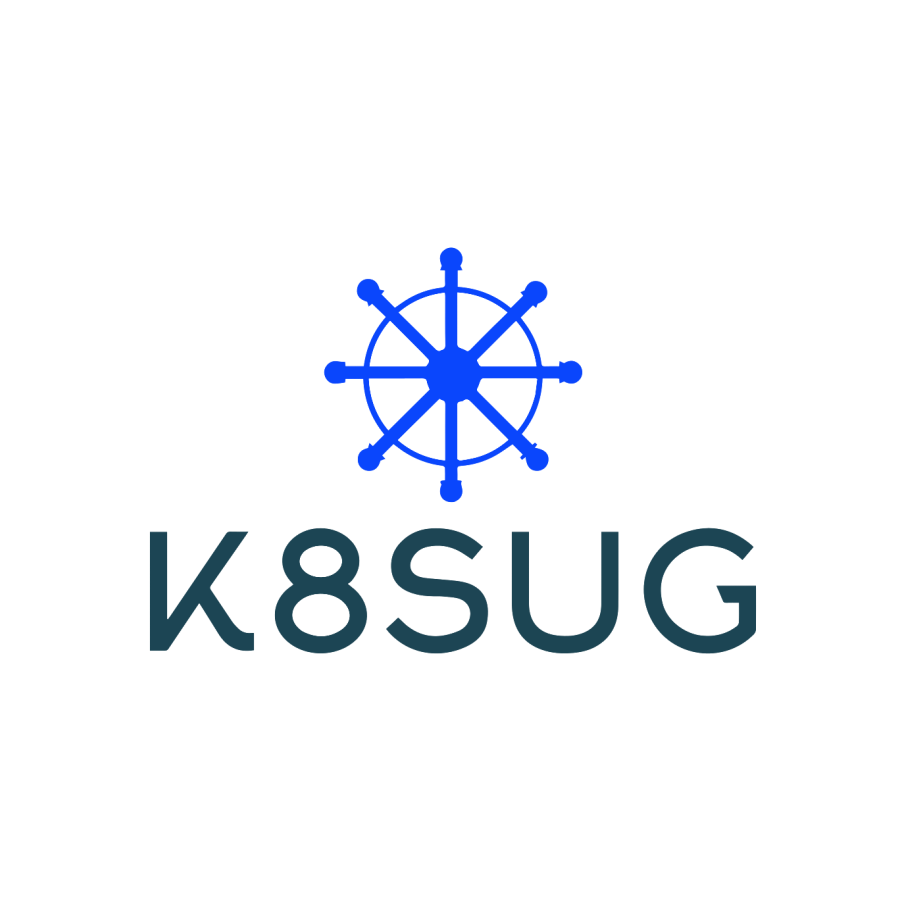AI-Powered Code Review and Quality Assurance: Elevating Software Reliability in SRE Practices

Prakash Ojha
Unlock the future of software reliability with AI-powered code review and QA! Discover how AI can slash code review time by 75%, boost defect detection by 50% cut deployment failures in half. Learn actionable strategies to elevate your SRE practices, ensuring faster, more reliable software delivery.
The incorporation of artificial intelligence (AI) and machine learning (ML) in software development is transforming Site Reliability Engineering (SRE) practices, especially in the areas of code review and quality assurance (QA). This session will delve into the tangible benefits of AI-driven tools for SREs, focusing on how they enhance code quality, streamline development workflows, and fortify system reliability. AI-enabled automation in bug detection, test generation, and real-time feedback has proven to cut code review time by up to 75% and improve defect detection rates by 50%, significantly reducing production incidents. For instance, AI tools like Amazon’s CodeGuru can identify up to 90% of critical code issues, resulting in a 30% reduction in bugs in live environments.
In the realm of quality assurance, AI is revolutionizing testing strategies through adaptive, intelligent automation, achieving 30% increased test coverage and a 40% decrease in manual testing efforts. By analyzing historical data, AI-powered QA solutions can predict and prioritize bug-prone areas with 75% accuracy, ensuring a more focused and efficient testing process. Integrating AI into CI/CD pipelines has not only accelerated deployment cycles by 40% but also decreased deployment failures by up to 60%, contributing to higher system reliability and uptime.
Attendees will gain insights into how AI is redefining SRE practices by facilitating early issue detection, reducing technical debt by 25%, and enhancing project predictability. This session will outline actionable strategies for integrating AI into the SRE toolkit, enabling the delivery of more reliable software, faster deployment cycles, and greater resilience in complex system environments.
Prakash R. Ojha is a passionate and committed technology leader with over a decade of experience in designing and developing cutting-edge software solutions across desktop, web, and mobile platforms. Currently, he serves as a Software Architect at Wipro Ltd., working on projects for BNY Mellon that manage $50 trillion in assets, providing solutions that identify tax relief in billions of dollars. His expertise spans the entire Software Development Life Cycle (SDLC), with mastery in cloud-native applications, microservices architecture, CI/CD pipelines, and secure Spring Boot applications. Prakash holds a Master’s degree in Computer Science from the Georgia Institute of Technology and a Bachelor’s in Computer Science from Hope College. He is an Oracle Certified Developer in various Java technologies, including web services and enterprise beans. His technical acumen includes proficiency in front-end technologies like Angular, JavaScript, and back-end microservices, leveraging cloud platforms such as AWS and Azure. Throughout his career, Prakash has led teams of engineers to deliver complex solutions, modernize legacy systems, enhance performance, and drive digital transformation. His notable work includes implementing real-time data processing, reducing market event processing times from 96 to 72 hours, and creating secure microservices integrated with Kafka and Spring Security for authentication. He has consistently demonstrated a deep understanding of agile methodologies, event-driven architecture, and cloud-native ecosystems. In addition to his development work, Prakash is an advocate for best practices in secure coding and scalable architecture, mentoring engineers, and driving projects to successful completion. His experience across industries, from finance to marketing, demonstrates his versatility and commitment to delivering innovative solutions that meet business needs.




